Nigeria’s healthcare at 55: Still not good picture of health
Today, availability and accessibility to quality health care services in Nigeria remain poor and below global standards. Virtually all health indices have worsened over the last decade. Apart from an incredibly low life expectancy of 49 at birth, health indices for women and children have remained so abysmal and consistently poor over the years. Indeed, statistics from the National Strategic Health Development Plan Framework (2009- 2015) adopted by the National Council on Health in 2009 show that infant mortality rate in the country stands at 75 per 1000 live birth while child mortality ratio remains 88 per 1000 live births. Under-5 mortality stands at 186 per 1000 live births and maternal mortality ratio remains 800 per 100,000 live births, contributing a disproportionate 10% of the global burden of maternal and infant mortality. In fact, it is estimated that less than half of deliveries are attended to by skilled health personnel.
The latest United Nation’s Human Development Report puts Nigeria’s HDI at 0.423 and ranked the country 142 out of 169 countries with comparable data. Nigeria did not make the very high Human Development rank, neither did it make the High Human Development rating. It was not also ranked among the countries that made it to the Medium Human Development strata. The country is also among the lowest ranking nations in the Low Human Development category, escaping from the bottom of the human development index by 27 positions.
Primary Health Care (PHC) system, the bedrock of our healthcare delivery system remains too weak to offer cost-effective services for the prevention and management of common health problems, especially at the LGA and Ward levels. In fact, a 2001 survey of public PHC facilities revealed that most public health facilities across the country are poorly equipped. According to the survey, only one-quarter of health facilities had more than 50% of the minimum equipment package and 40% had less than a quarter. Majority of the public health facilities especially PHC centres are in a state of disrepair. Although every state currently has at least one tertiary health facility, most are not functioning at optimal capacities in the provision of quality specialist care.
Nigeria’s picture of health since independence has however not been all gloom. For instance, the country joined the rest of the world to eradicate small pox in 1970. At independence she was one of the most endemic countries with guinea worm and indeed later became the world’s most endemic nation in the 90’s. Today the nation has been certified as guinea worm-free. There has also been a significant improvement in the diagnosis and treatment of non-communicable disorders (NCDs) just as its cancer management has improved remarkably.
Just last week, the nation got what could be described as a birthday present from the World Health Organisation (WHO). The country was removed from the polio-endemic countries and will now wait for two years before being fully certified as polio –free.
Fact file
● WHO 2000 health systems performance ranking – the last by WHO – ranked Nigeria 187 out of 199 countries in all five health indicators: health, health inequality, responsiveness levefilelk distribution and financing.
● Health status indicator for Nigeria are among the worst in the world. Life expectance at birth remains 49,
● As at 2010, Nigeria has the highest number of HIV-infected persons in the African continent though the country was listed among countries with “stable” incidents and significant recudtion of cases.
● Estimated infant mortality rate stands at 75 per 1000 live birth. Child motality ratio is 88 per 1000 live births; Under-5 mortality stands at 186 per 1000 live births while maternal mortalilty ratio remains 800 per 100,000 live births, conteibuting a disproportiionaate 10% of the global burden of maternal and infant mortality.
● Immunisation coverage is 23%. Only 6% of under-5s sleep unbder ITN while only 20% of children in urban areas and 14% in rural areas are appropriately treated with antimalarials at home. Less than half of deliveries are attended to by skilled health personnel.

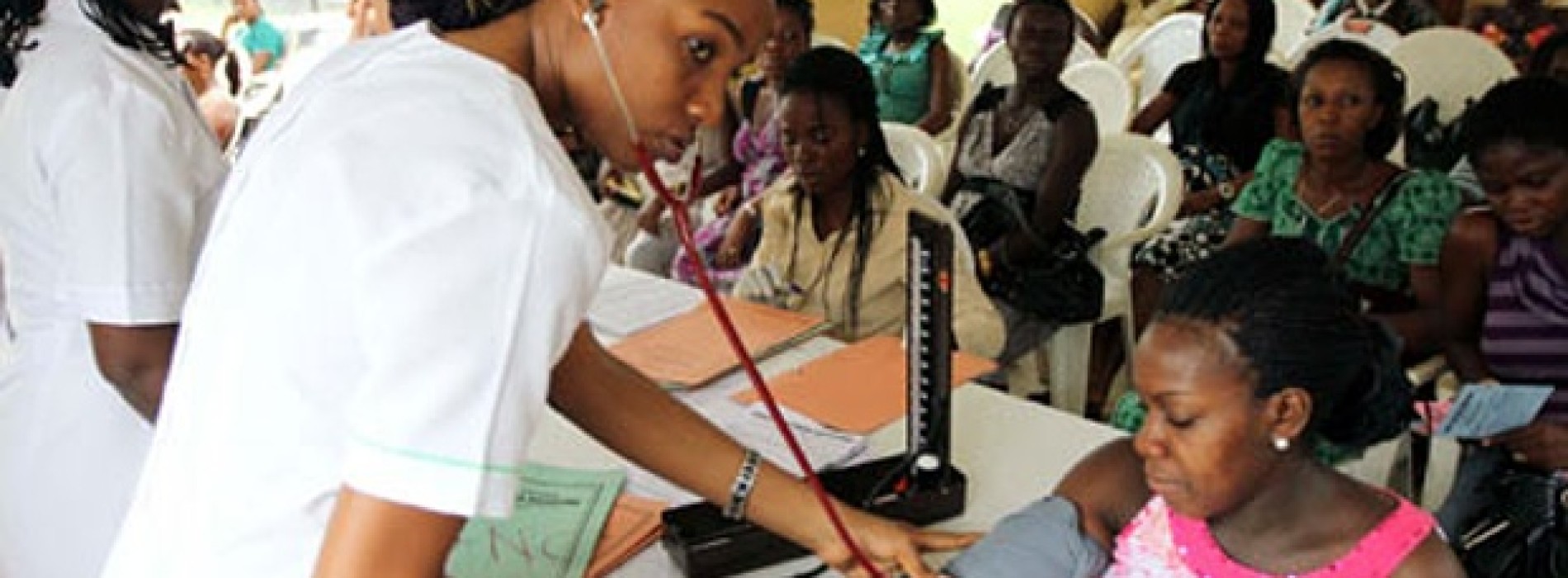
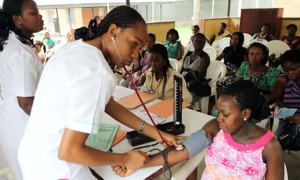

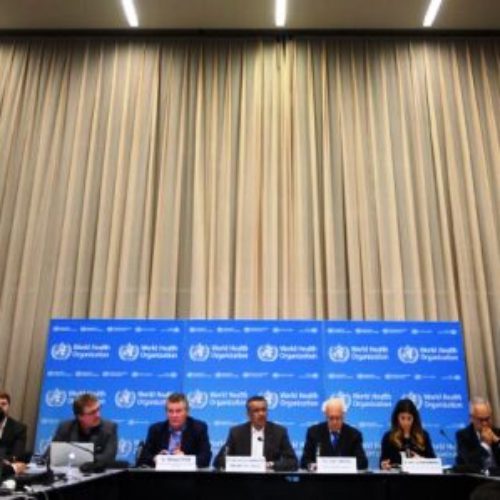
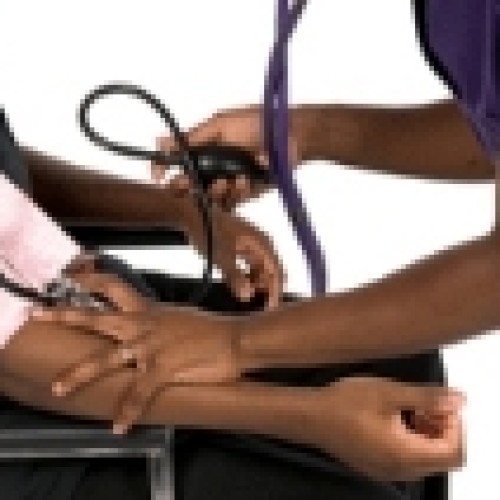
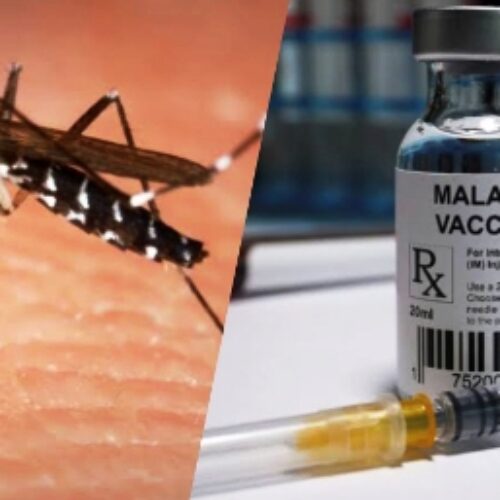


0 Comments
No Comments Yet!
You can be first to comment this post!